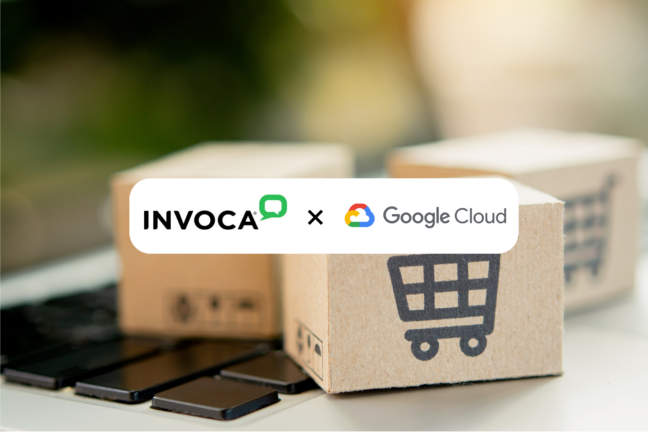Businesses are on a never-ending quest to find out what customers need by listening to them and evaluating their responses. Businesses can then leverage the obtained information and use it to help with innovation, product development, and building a loyal customer base.
When a company fully understands the importance of collecting customer feedback, it stays on the right track and makes the most out of the situation.
Both good and bad customer feedback is equally important, as they allow you to find hidden gems that help you adjust and improve customer experience over time.
As Jeff Bezos said:
“We see our customers as invited guests to a party, and we are the hosts. It’s our job every day to make every important aspect of the customer experience a little bit better.”
Higher Engagement and Loyal Customers
When listening to customer feedback, businesses can understand customer sentiment and uncover how they truly feel about their brand. Customer purchases are frequently driven by emotions, so analyzing customer sentiment can help companies understand what causes negative feelings toward their products or services.
Customer tolerance is shrinking, as 65% of customers said they have switched to a different brand because of a poor experience.
However, 68% of consumers say they would pay more for products and services from a brand known to offer good customer service experiences, which shows that many people still value the brand's effort.
Further, a one-off sale won't guarantee that the customer will come back for more. Although at first, businesses might not get just positive reviews, that unique customer insight that they acquire through surveys or social media, will help them understand the concept of the customer’s desired approach and result in satisfied, repeat customers.
Improved Products and Services
Even if a company knows its product inside and out, it might not see the imperfections that catch the eye of its customers. By listening to customers' positive and negative feedback, businesses can tweak existing products and services and better prepare for future ones.
Considering that nine out of ten customers read reviews before buying a product, companies responding to feedback adds an additional layer of trust and transparency, showing that the company values customers' opinions whether they are positive or negative.
In addition, this helps customers feel as if their opinion is appreciated, and they start relating positive connotations to one brand. It's necessary to implement customer feedback and then once a company delivers the desired improvements, pass the good news to the customers who requested them, otherwise, they will feel neglected.
Since companies make products for a target audience, it is clear that they should have some say in the whole process.









